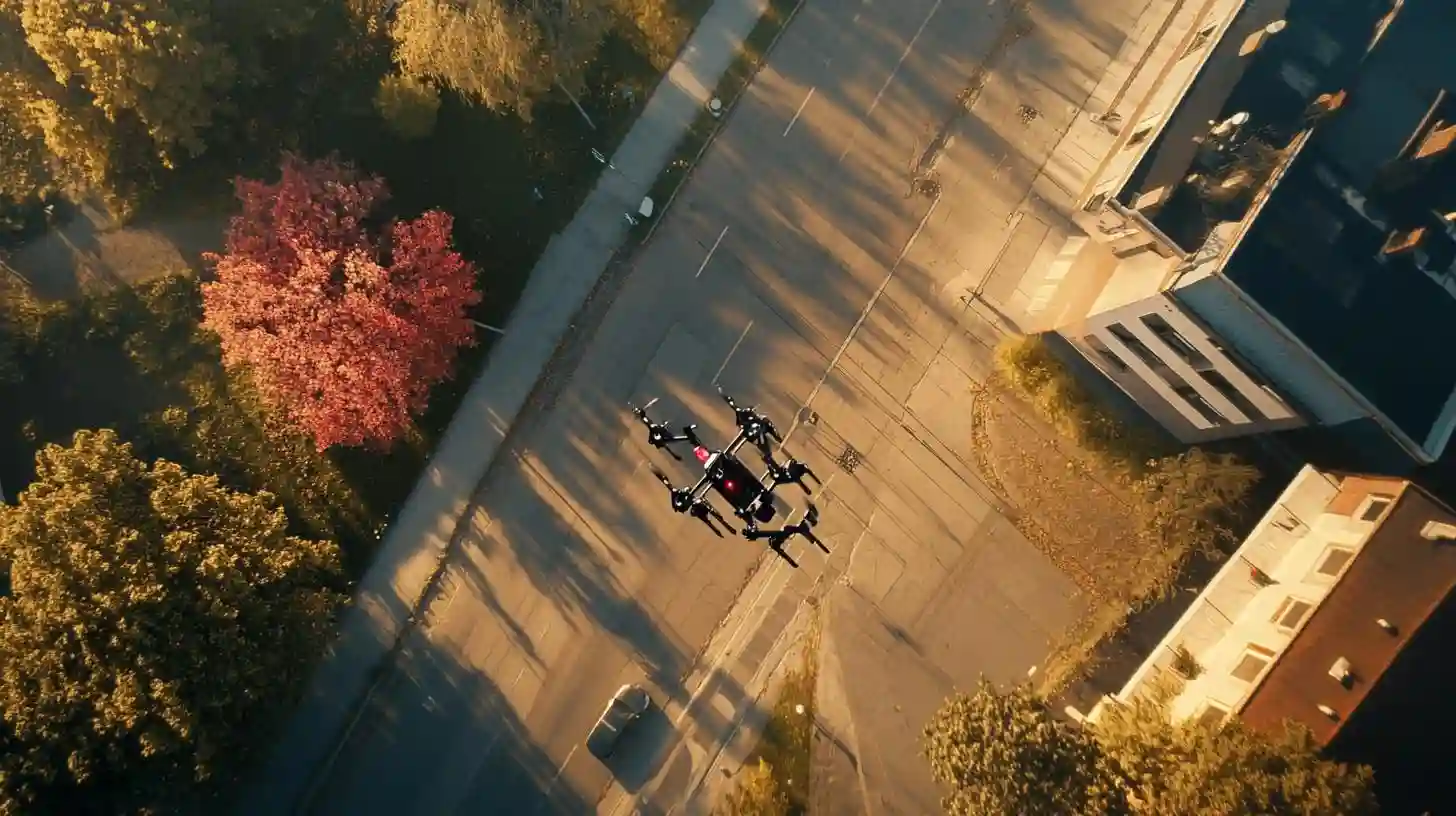
The use of drones in law enforcement has become increasingly common as technology continues to advance, raising important questions regarding privacy rights and legal obligations. One of the most pressing issues is whether police officers are required to obtain a warrant before deploying drones for surveillance purposes. This dilemma finds itself situated at the intersection of public safety, technological innovation, and constitutional rights.
The Fourth Amendment of the United States Constitution protects individuals from unreasonable searches and seizures, which raises vital questions when it comes to aerial surveillance conducted by law enforcement. Traditionally, the expectation of privacy has been a driving factor in determining whether an action constitutes a search. Courts have grappled with defining the limits of this expectation in the context of aerial surveillance. In earlier cases, such as California v. Ciraolo, the courts ruled that individuals do not have a reasonable expectation of privacy in activities conducted in their backyards when they can be observed from public airspace. Consequently, this precedent has led some to argue that police do not need a warrant to fly drones over private property if they adhere to regulations concerning airspace.
However, as drone technology evolves and provides more advanced capabilities, the nuances of privacy expectations have become more complex. Drones equipped with high-resolution cameras can collect extensive amounts of data, raising concerns among citizens about potential overreach by law enforcement. The possibility that drones could be employed for long periods of time, monitoring individuals without probable cause, has led to significant public discourse. This concern has prompted lawmakers in various states to introduce legislation aimed at regulating the use of drones by law enforcement, thereby adding layers of oversight to their deployment.
In certain jurisdictions, laws have been enacted stipulating that police must obtain a warrant before conducting drone surveillance, particularly when the operation involves monitoring an individual's private property. These laws seek to ensure that civil liberties are preserved in an age of technological sophistication. They highlight the necessity of balancing effective policing with individual rights, emphasizing that government entities should not possess unchecked power to carry out surveillance without clear justification.
Furthermore, the principles of transparency and accountability play critical roles in the ongoing debate over drone surveillance. Advocates for civil liberties argue that individuals should be informed about drone surveillance operations in their areas, thus allowing citizens the opportunity to voice concerns about potential invasions of privacy. Public dialogue surrounding the ethical implications of drone use can lead to community-driven solutions that respect both public safety and individual freedoms.
The judicial landscape surrounding drone usage is still developing, and varying interpretations of the law can produce different outcomes depending on the jurisdiction. Courts may consider an individual's right to privacy to be paramount when addressing cases involving drone surveillance. Precedents established in landmark cases could evolve as societal attitudes towards privacy and technology change. As courts examine how drone technology fits into the framework of established law, they are likely to set important precedents that will shape the practices of law enforcement agencies moving forward.
The role of technology in exemplifying the need for systematic regulations cannot be overstated. With innovations in drone technology meaning they can operate quietly and at greater distances than traditional surveillance methods, police departments are finding new opportunities for crime prevention and investigation. Nonetheless, law enforcement agencies must consider the implications of such capabilities and ensure that they use them responsibly. The autonomy that drones offer should be tempered by a commitment to uphold constitutional protections, ensuring that the deployment of technology does not erode the rights granted by the Constitution.
As this issue continues to develop, it becomes evident that the conversation surrounding police drone surveillance is far from resolved. Civic engagement, legislative action, and judicial proceedings will undoubtedly play integral roles in shaping the framework under which law enforcement can harness the benefits of drone technology while safeguarding individual rights. Effective solutions will require collaboration among citizens, lawmakers, and law enforcement agencies to create policies that acknowledge the importance of both public safety and civil liberties. As society steps into an era where drones are more prevalent, the balance struck between innovation and privacy will be tested, warranting ongoing dialogue and examination of the implications involved.